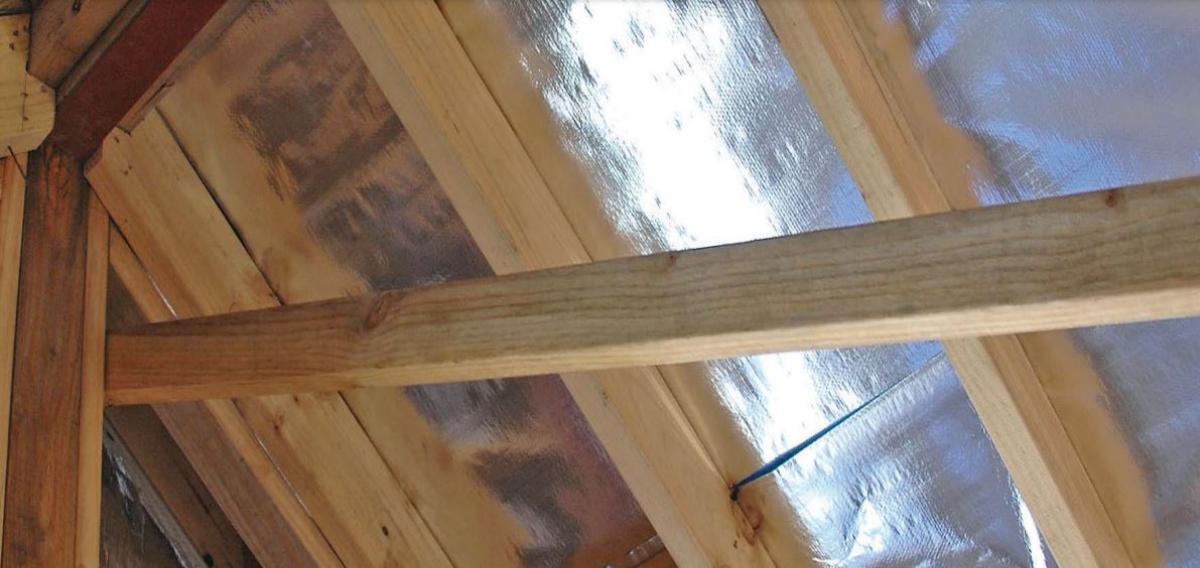In the realm of acoustics, finding effective solutions to minimize noise transmission is crucial. One such solution that has gained significant attention is spray foam insulation. This article delves into the question, Is spray foam good for acoustics? and explores the multifaceted benefits it offers in enhancing soundproofing capabilities.
- Understanding Spray Foam Insulation:
Spray foam insulation is a versatile material composed of two components, polyol resin, and isocyanate. When combined, they undergo a chemical reaction, expanding and solidifying into a dense foam. This foam is then applied to walls, ceilings, and floors, creating a seamless barrier against air infiltration and heat transfer. - The Science Behind Soundproofing:
To comprehend the effectiveness of spray foam insulation in acoustics, it is essential to grasp the principles of soundproofing. Sound travels in waves, and when it encounters a barrier, such as a wall, it can be transmitted, reflected, or absorbed. Spray foam insulation excels in absorbing sound waves due to its cellular structure, which dissipates and attenuates sound energy. - Enhanced Sound Absorption:
Compared to traditional insulation materials like fiberglass or cellulose, spray foam insulation exhibits superior sound absorption properties. Its closed-cell structure and high density contribute to reducing airborne sound transmission, effectively minimizing noise pollution from external sources such as traffic or neighbors. - Sealing Air Leaks:
One often overlooked aspect of soundproofing is the elimination of air leaks. Even the smallest gaps or cracks can significantly compromise the acoustic performance of a space. Spray foam insulation, with its expansive nature, fills and seals these gaps, creating an airtight environment that further enhances soundproofing capabilities. - Impact on Room Resonance:
Room resonance, characterized by echoes and reverberations, can hinder the acoustic quality of a space. Spray foam insulation helps mitigate this issue by reducing sound reflections within a room. By absorbing sound waves, it minimizes the chances of excessive reverberation, creating a more controlled and pleasant acoustic environment. - Application Considerations:
While spray foam insulation offers remarkable acoustic benefits, it is crucial to consider certain factors during its application. Professional installation is recommended to ensure proper coverage and avoid potential issues such as off-gassing. Additionally, the thickness and type of spray foam used can influence its soundproofing capabilities, making it essential to consult experts for optimal results.
Conclusion:
In the pursuit of acoustic excellence, spray foam insulation emerges as a game-changer. Its ability to absorb sound waves, seal air leaks, and reduce room resonance makes it an ideal choice for enhancing acoustics in various settings. Whether it's a residential space, office, or recording studio, spray foam insulation proves to be a valuable asset in creating a peaceful and immersive environment.


